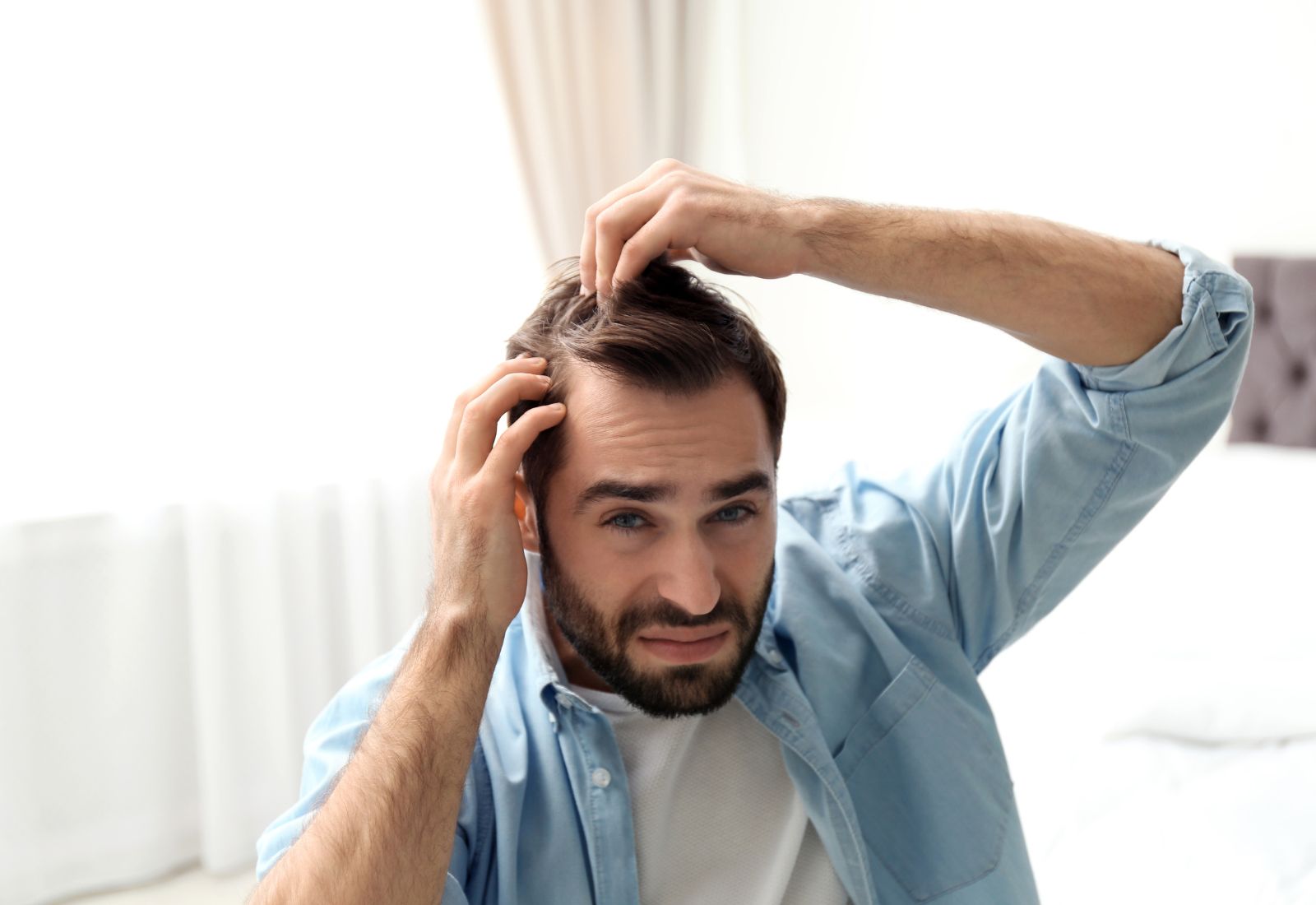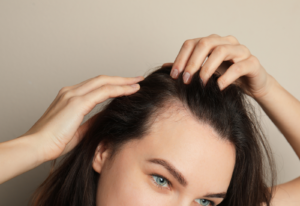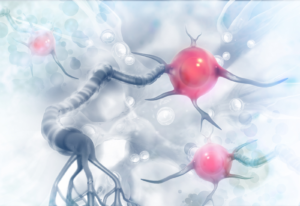Hair loss is a concern that often becomes associated with aging, but it can affect individuals in their 20s and 30s as well. It’s a distressing issue that can greatly impact self-esteem and confidence. However, the good news is that there are steps you can take to prevent or slow down hair loss in your younger years. In this guide, we’ll explore the factors contributing to hair loss in your 20s and 30s and provide actionable strategies to maintain healthy, vibrant locks.
Understanding Hair Loss
Types of Hair Loss
Hair loss in your 20s and 30s can occur due to various reasons, and it’s essential to understand the different types:
Androgenetic Alopecia
Also known as male or female pattern baldness, androgenetic alopecia is the most common cause of hair loss in both men and women. It’s often genetic and can start in your late teens or early 20s.
Common signs of androgenetic alopecia include:
- Gradual hair thinning
- Receding hairline
- Widening part
- Increased visibility of the scalp
- Miniaturized hair
- Progressive hair loss
- Gender-specific patterns
- Increased hair shedding
Alopecia Areata
Alopecia areata is a unique form of hair loss characterized by the sudden appearance of round or oval bald patches on the scalp, face, or other areas of the body. Unlike androgenetic alopecia, which has a genetic predisposition, alopecia areata is an autoimmune disorder where the immune system mistakenly attacks the hair follicles, leading to hair loss.
This condition can manifest at any age, including during one’s 20s and 30s, although it can affect individuals of all ages. An alopecia areata professional can provide hair restoration services to address the condition.
Telogen Effluvium
Telogen effluvium is a condition characterized by excessive hair shedding and thinning, often triggered by various factors such as significant stress, illness, hormonal changes, or other underlying medical conditions. Unlike androgenetic alopecia, which tends to be a gradual and genetically predisposed form of hair loss, telogen effluvium is often more sudden and can affect individuals of any age or gender.
Symptoms of telogen effluvium include:
- Increased hair shedding
- Thinning hair
- Scalp sensitivity
Factors Contributing to Early Hair Loss
To effectively prevent hair loss, it’s crucial to recognize the contributing factors:
Genetics
Your family history plays a significant role in determining your risk of experiencing hair loss. If your parents, grandparents, or other close relatives have a history of hair loss, you might be genetically predisposed to developing similar patterns of hair loss. Understanding your family’s history of hair loss can provide valuable insights into your own risk factors and help you make informed decisions about potential prevention and treatment options.
Hormonal Changes
Fluctuations in hormones can have a profound impact on the health and growth of your hair. Hormonal changes, such as those experienced during pregnancy, childbirth, or when starting or stopping birth control, can lead to hair loss. During pregnancy, elevated hormone levels often promote thicker hair growth, but postpartum hormonal shifts can trigger temporary hair shedding. Similarly, hormonal changes associated with certain medical conditions, such as polycystic ovary syndrome (PCOS), can contribute to hair loss.
Stress
High stress levels can significantly impact the health of your hair. When the body experiences prolonged or intense stress, it can trigger a physiological response that shifts a significant portion of your hair follicles into the resting (telogen) phase prematurely. As a result, more hair than usual can enter the shedding phase simultaneously, leading to noticeable hair loss.
Poor Nutrition
A diet lacking essential nutrients, particularly iron and protein, can weaken hair and contribute to thinning. The following are some key nutrients for healthy hair:
- Iron
- Protein
- Vitamins
- Minerals
- Omega-3 Fatty Acids
- Antioxidants
Hairstyling Practices
Excessive heat, tight hairstyles, and chemical treatments can damage hair and lead to breakage and hair loss.
Strategies for Preventing Hair Loss
Now that we’ve identified the potential culprits, let’s explore strategies for preventing hair loss:
Maintain a Balanced Diet
Eating a diet rich in protein, iron, vitamins, and minerals is essential for healthy hair growth. Incorporate foods like fish, eggs, leafy greens, and nuts into your meals.
Manage Stress
Effectively managing stress is crucial for maintaining both your overall well-being and the health of your hair. Chronic stress can lead to conditions such as telogen effluvium. Here are some stress-reduction techniques to consider:
- Yoga
- Meditation
- Deep Breathing Exercises
- Regular Exercise
- Stress Management Programs
Gentle Hair Care
Be gentle with your hair. Avoid excessive heat styling, tight hairstyles, and harsh chemicals. Use a wide-toothed comb and handle wet hair delicately to prevent breakage.
Scalp Care
A healthy scalp is crucial for healthy hair. Keep your scalp clean and well-moisturized. Consider using a gentle, sulfate-free shampoo and conditioner.
Consult a Professional
When you notice significant hair loss or any concerning changes in your hair, it’s essential to seek the expertise of a hair replacement service or a qualified professional specializing in hair and scalp health. While self-care practices are valuable, working with professionals is key to preventing hair loss effectively and comprehensively.
Here’s why consulting a professional is crucial:
- Accurate Diagnosis: Trained hair loss experts have the knowledge and experience to accurately diagnose the underlying cause of your hair loss. Understanding the specific cause is vital for recommending the most appropriate treatment.
- Customized Treatment Plans: Professionals can create personalized treatment plans tailored to your unique needs. Whether your hair loss is due to genetics, a medical condition, or lifestyle factors, they can recommend treatments and interventions designed to address your specific situation.
- Access to Advanced Technologies: The best hair replacement services and medical professionals have access to state-of-the-art technologies and treatments that may not be available over the counter or through self-care methods. These advanced solutions can yield more effective and faster results.
- Monitoring and Follow-Up: Hair loss is often a dynamic process, and ongoing monitoring and adjustments to your treatment plan may be necessary. Hair loss professionals can provide consistent guidance and adapt your treatment as needed to optimize results.
- Psychological Support: Dealing with hair loss can be emotionally challenging. Hair replacement services and professionals are equipped to offer emotional support and counseling to help you navigate the psychological aspects of hair loss.
In Conclusion
Hair loss in your 20s and 30s can be distressing. However, with early interventions and healthy habits, preventing hair loss is possible. Recognizing the factors contributing to hair loss, including genetics, hormonal changes, stress, and poor nutrition, is the first step toward prevention. By adopting a balanced diet, managing stress, practicing gentle hair care, and taking care of your scalp, you can promote hair growth and minimize loss.
Start Preventing Hair Loss Today
Start implementing these strategies as soon as possible to prevent or slow down hair loss in your 20s and 30s. Your hair is an essential part of your identity, and with proper care, you can enjoy a healthy and vibrant mane for years to come. Schedule a free hair analysis with Eldorado for an expert assessment of your hair restoration and/or replacement needs.





